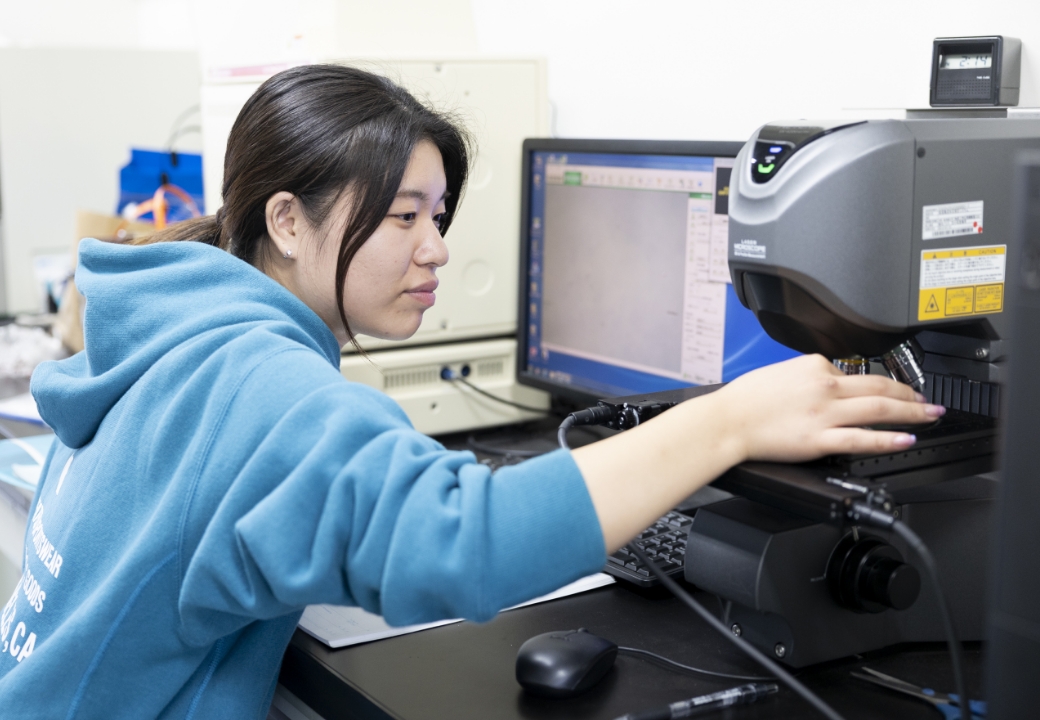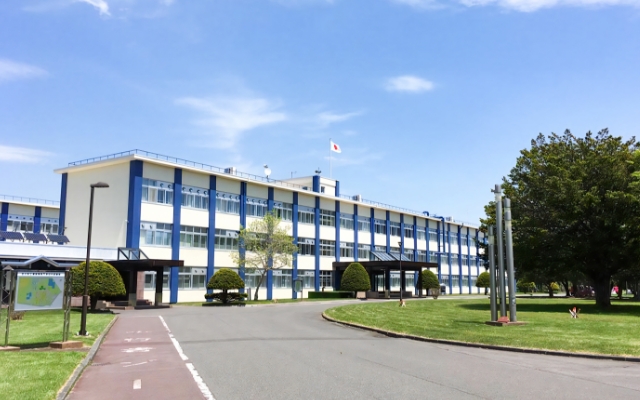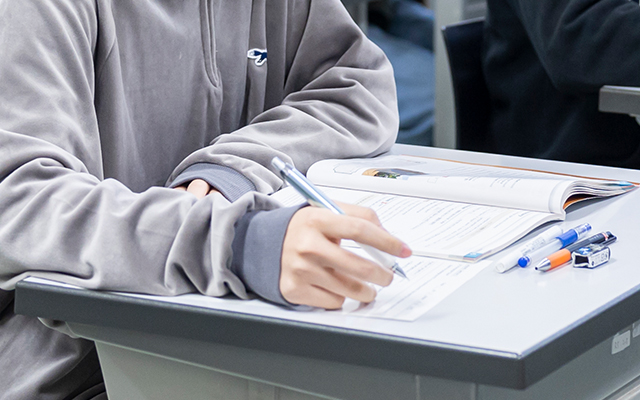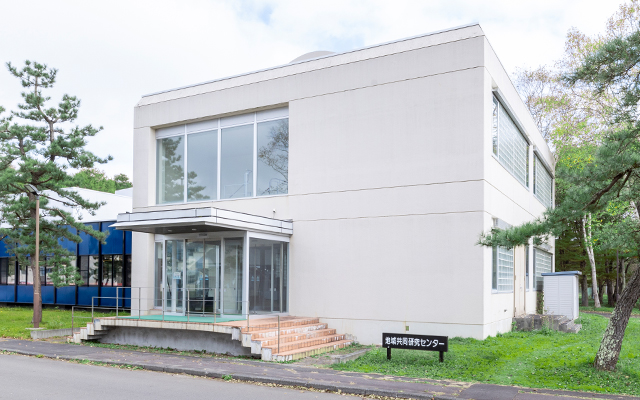Division of Applied Chemistry and Biochemistry
Students study information and technologies related to chemicals and biochemicals.
As environmental issues intensify, the need for chemical engineers who can efficiently produce useful substances while considering the environment has increased in order to maintain our enriched lifestyles. To train such engineers, the Division of Applied Chemistry and Biochemistry teaches specialized knowledge and technology related to the structure, synthesis method, and function of materials, in order to cultivate the ability to solve problems from a broad viewpoint and an enriched culture.
Recommended for the following persons!
- Persons who are interested in the “why?” of materials and living creatures around us.
- Persons skilled in science and mathematics, and enjoy using their own hands and experiment.
- Persons who can actively work on something new and cooperate with others.
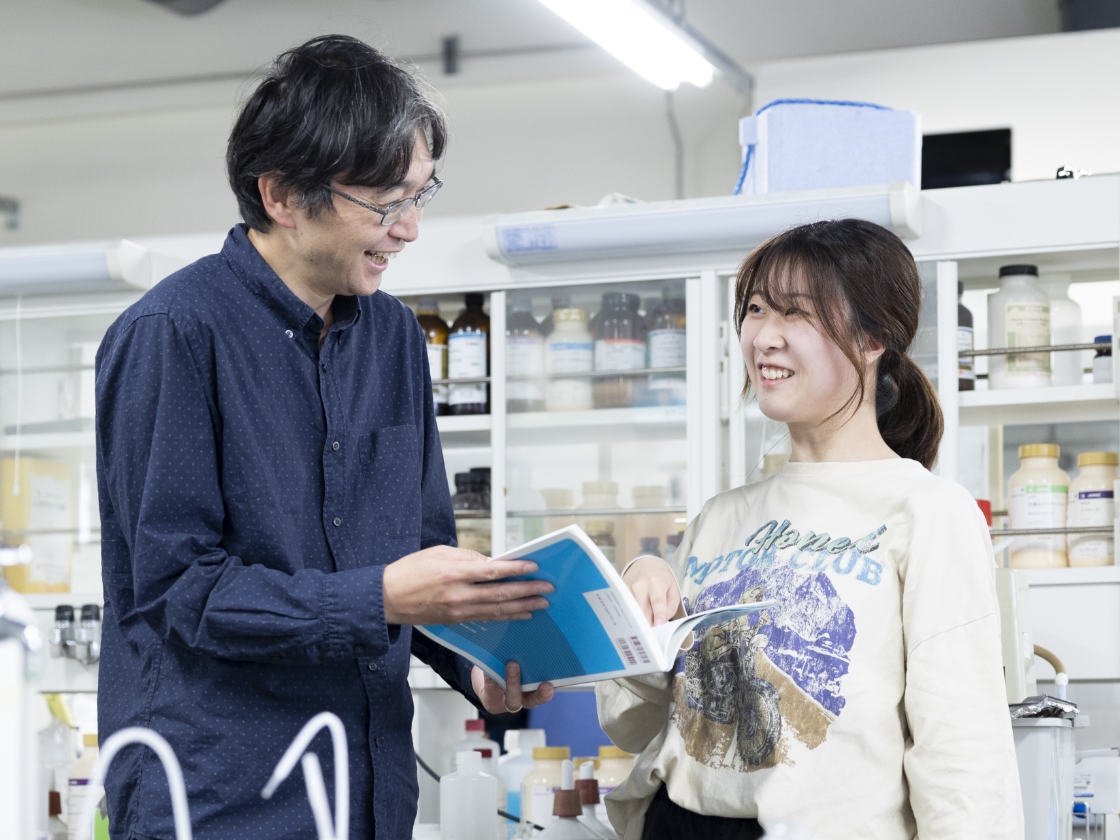
Curriculum characteristics
FEATURE
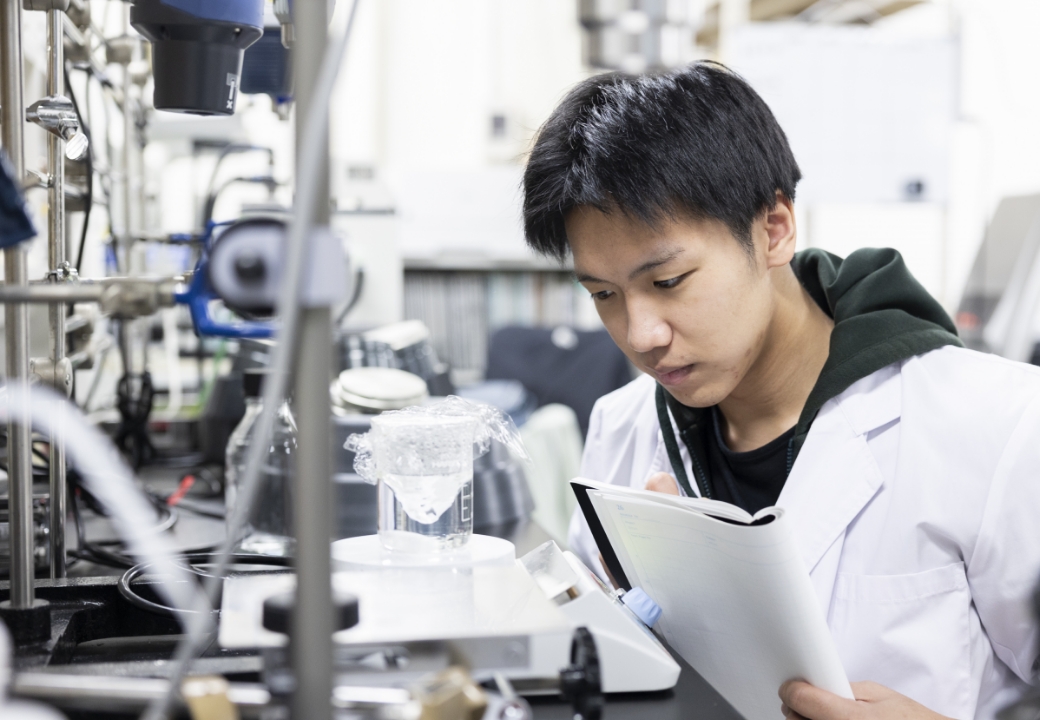
Students learn the basic skills to become a chemical engineer.
Based on the knowledge of basic subjects learned during their first year, the specialized study starts in full force! In Chemistry Laboratory, students acquire basic skills in analysis and synthesis while learning basic subjects in Basic Concepts of Analytical Chemistry and Inorganic Chemistry, Organic Chemistry and Biology.
Learn various fields of chemistry, and deepen expertise.
Added to analytical, inorganic and physical chemistry, students learn a wide range of specialized basics. The number of hours spent for experiments is twice that of the 2nd year. Students gain skills in experiments in the fields of inorganic chemistry, organic chemistry, physical chemistry, and biochemistry, and develop the ability to write reports which is important for engineers.
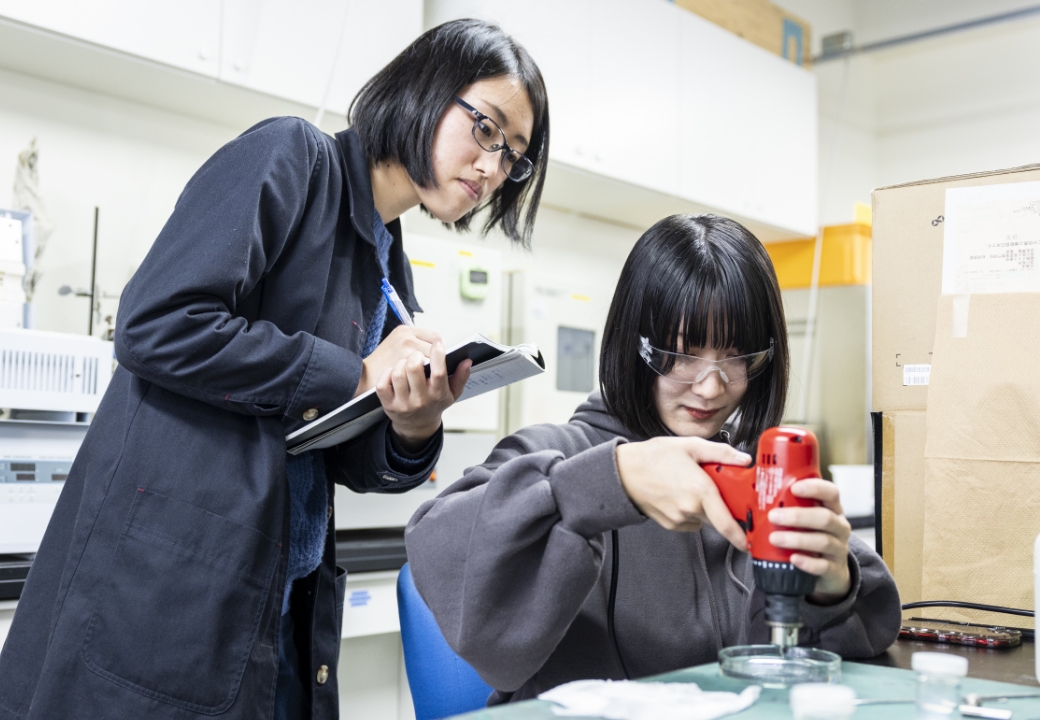
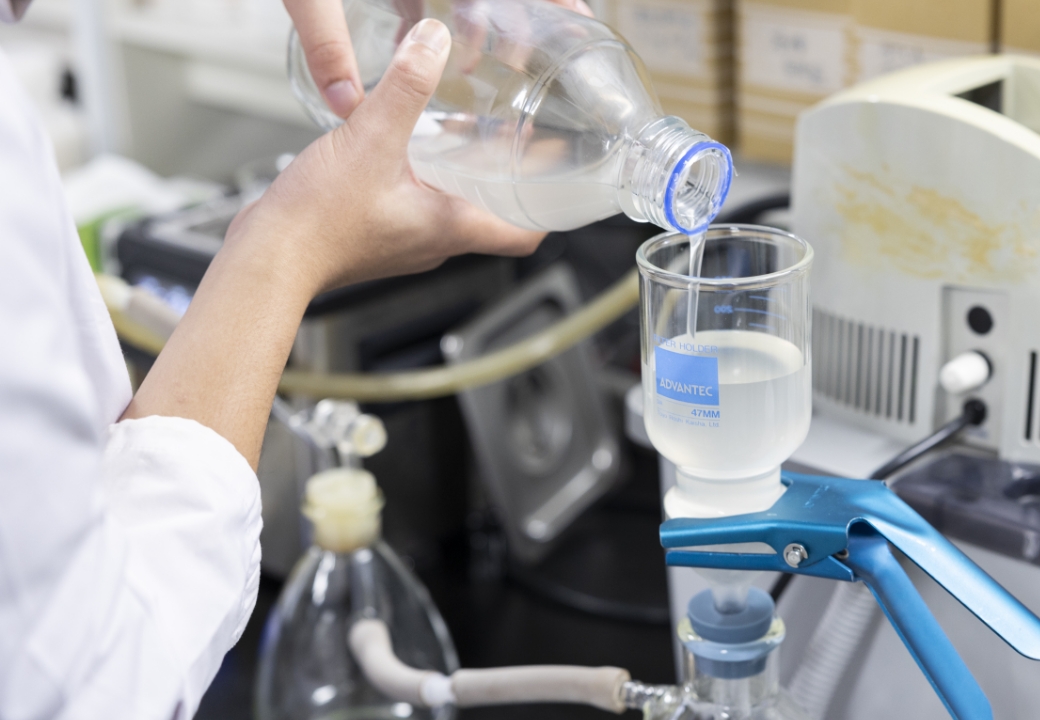
The 4th year is divided to three courses, and specialized knowledge and skills are learned to a higher degree.
Classroom lectures and experiments also vary depending on the course. In the Functional Materials Engineering Course, students study the synthesis and evaluation of various materials. In the Bioengineering Course, basic techniques of biotechnologies are studied.
Students spend one year in "graduate research" and present a graduate thesis.
Students are assigned to one of 12 laboratories related to analytical chemistry, inorganic chemistry, organic chemistry, physical chemistry, chemical engineering, or biochemistry, and carry out research for one year under the careful guidance of a member of the faculty. The achievements are summarized and presented in the graduate thesis.
